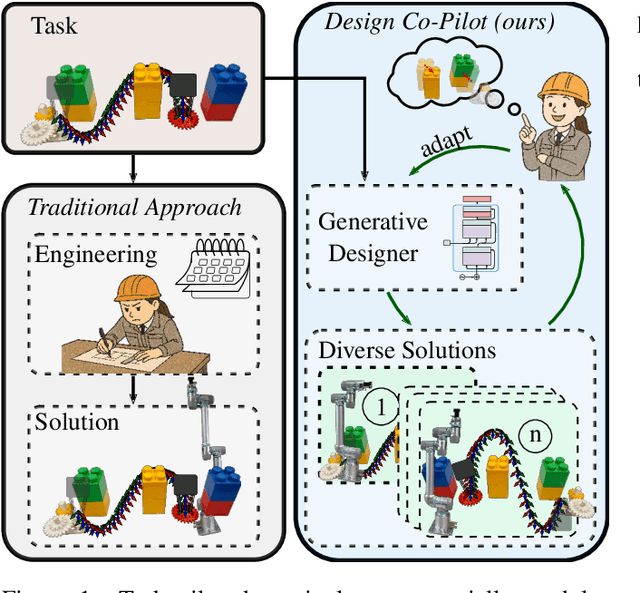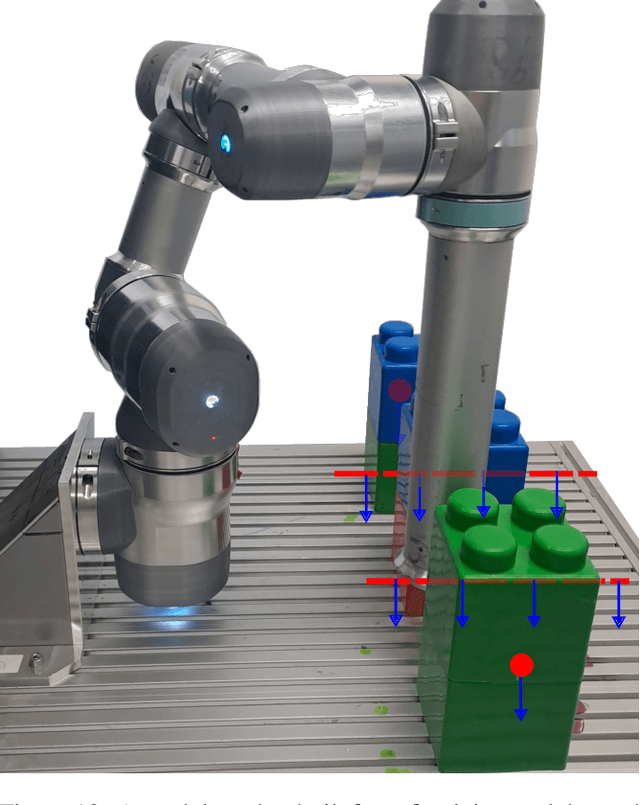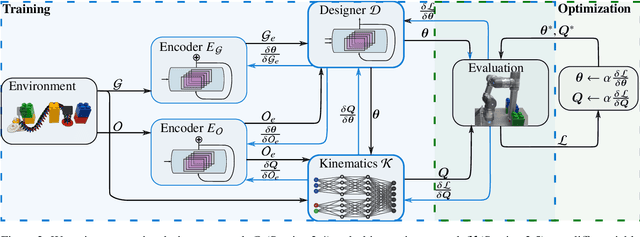A Design Co-Pilot for Task-Tailored Manipulators
Paper and Code
Sep 16, 2025



Although robotic manipulators are used in an ever-growing range of applications, robot manufacturers typically follow a ``one-fits-all'' philosophy, employing identical manipulators in various settings. This often leads to suboptimal performance, as general-purpose designs fail to exploit particularities of tasks. The development of custom, task-tailored robots is hindered by long, cost-intensive development cycles and the high cost of customized hardware. Recently, various computational design methods have been devised to overcome the bottleneck of human engineering. In addition, a surge of modular robots allows quick and economical adaptation to changing industrial settings. This work proposes an approach to automatically designing and optimizing robot morphologies tailored to a specific environment. To this end, we learn the inverse kinematics for a wide range of different manipulators. A fully differentiable framework realizes gradient-based fine-tuning of designed robots and inverse kinematics solutions. Our generative approach accelerates the generation of specialized designs from hours with optimization-based methods to seconds, serving as a design co-pilot that enables instant adaptation and effective human-AI collaboration. Numerical experiments show that our approach finds robots that can navigate cluttered environments, manipulators that perform well across a specified workspace, and can be adapted to different hardware constraints. Finally, we demonstrate the real-world applicability of our method by setting up a modular robot designed in simulation that successfully moves through an obstacle course.
 Add to Chrome
Add to Chrome Add to Firefox
Add to Firefox Add to Edge
Add to Edge